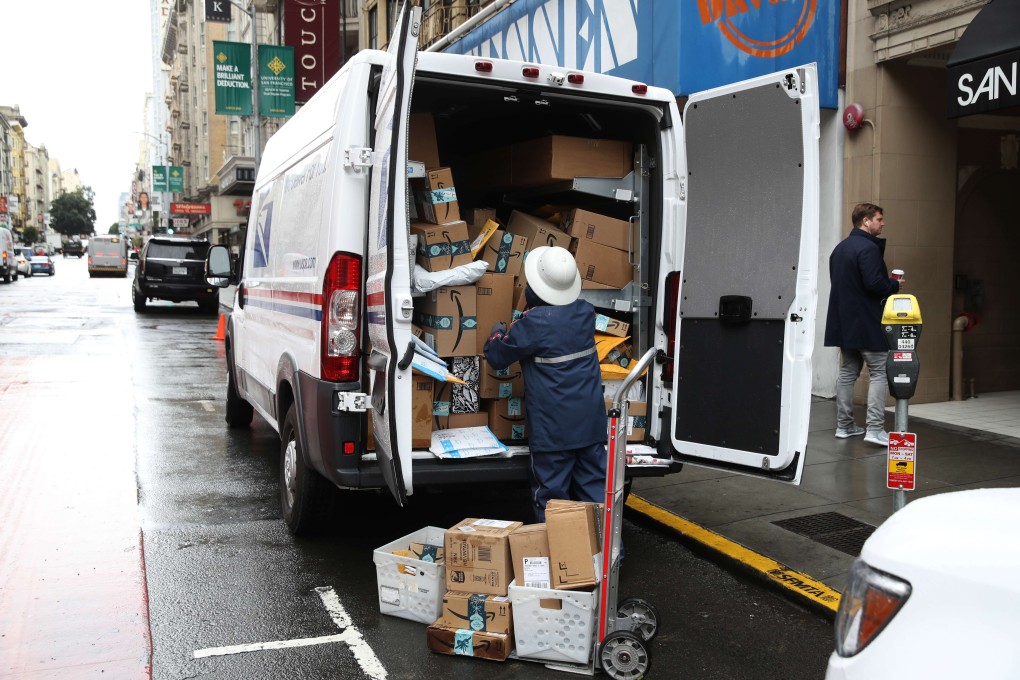Outside In | Despite Donald Trump’s attack on the international postal system, he might be in for a nasty surprise in the mail next year
- Tying US Postal Service’s losses to Chinese e-commerce, the Trump administration forced the Universal Postal Union to allow the US to set its own international postal fees from July next year. However, this is likely to make only a small dent in the country’s mail woes

One of the joys of my childhood in nondescript public housing in the heart of England was the annual cascade of Christmas cards that dropped through the letterbox in the weeks leading up to December 25. We received hundreds, which quickly festooned the walls along with all manner of Christmas decorations, bringing a temporary orgy of colour to England’s long, grey winters.
But dozens of other postal services, most of them government-controlled, share similarly awful arithmetic. Linked with losses and efforts to cut costs, strikes have threatened postal operations around the world, from the UK and Finland to Brazil and Sri Lanka.

None are deeper in the mire than US Postal Services (USPS), which employs more than 600,000 people, and has annual revenues of US$70 billion.
